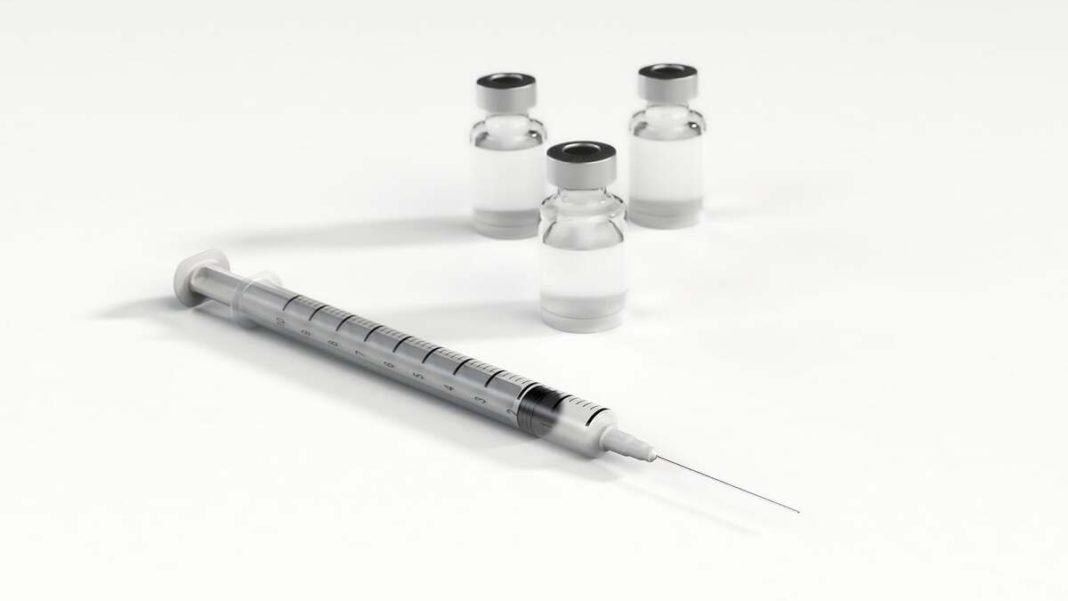SWITZERLAND: The World Health Organisation (WHO) has recommended the use of a second malaria vaccine, R21/Matrix-M, to prevent the potentially fatal illness caused by certain mosquitoes.
WHO chief Tedros Adhanom Ghebreyesus stated that the first malaria vaccine, RTS,S, was recommended for widespread use two years ago. The second vaccine, R21/Matrix-M, is designed to protect young children at risk from the disease.
R21/Matrix-M vaccine, created by the University of Oxford, will be available for purchase by mid-2024. The vaccine, which costs between $2 and $4, is being assessed by the WHO for prequalification, the seal of approval. Serum Institute of India manufactures R21/Matrix-M and employs Novavax’s Matrix M adjuvant.
Serum Institute of India CEO Adar Poonawalla announced that the company has created over 20 million doses of the vaccine in anticipation of the WHO proposal. He expects the supply to be ramped up as demand increases, aiming for no supply-demand mismatch by the end of 2024.
WHO has stated that despite both malaria vaccines showing comparable efficacy in independent studies, there is no evidence that one has outperformed the other. The agency has given countries the freedom to choose their vaccine based on supply and pricing.
Although GSK acknowledges the need for a second malaria vaccine, RTS,S sets a high standard.
The business announced that 1.7 million children in Ghana, Kenya, and Malawi have received at least one dose of the malaria vaccine and plans to distribute it to nine more malaria-endemic nations. The vaccine is expected to be distributed in these countries as early as next year.
Dengue, a viral virus transmitted by mosquitoes, is prevalent in tropical and subtropical regions. Takeda Pharma’s vaccine has been proven effective against all four strains in individuals who have already contracted the virus, according to WHO chair of the Strategic Advisory Group of Experts on Immunization Hanna Nohynek.
However, there is still uncertainty about its effectiveness against the 3rd and 4th strains in those who have not contracted the disease, as per Nohynek.
The WHO’s strategic advisory group has proposed a streamlined single-dose regimen for primary COVID-19 vaccines to increase acceptability, especially for those with at least one prior infection.
The agency suggests using any monovalent or bivalent vaccine, as monovalent vaccines targeting the XBB.1.5 form are not widely available in many countries.



